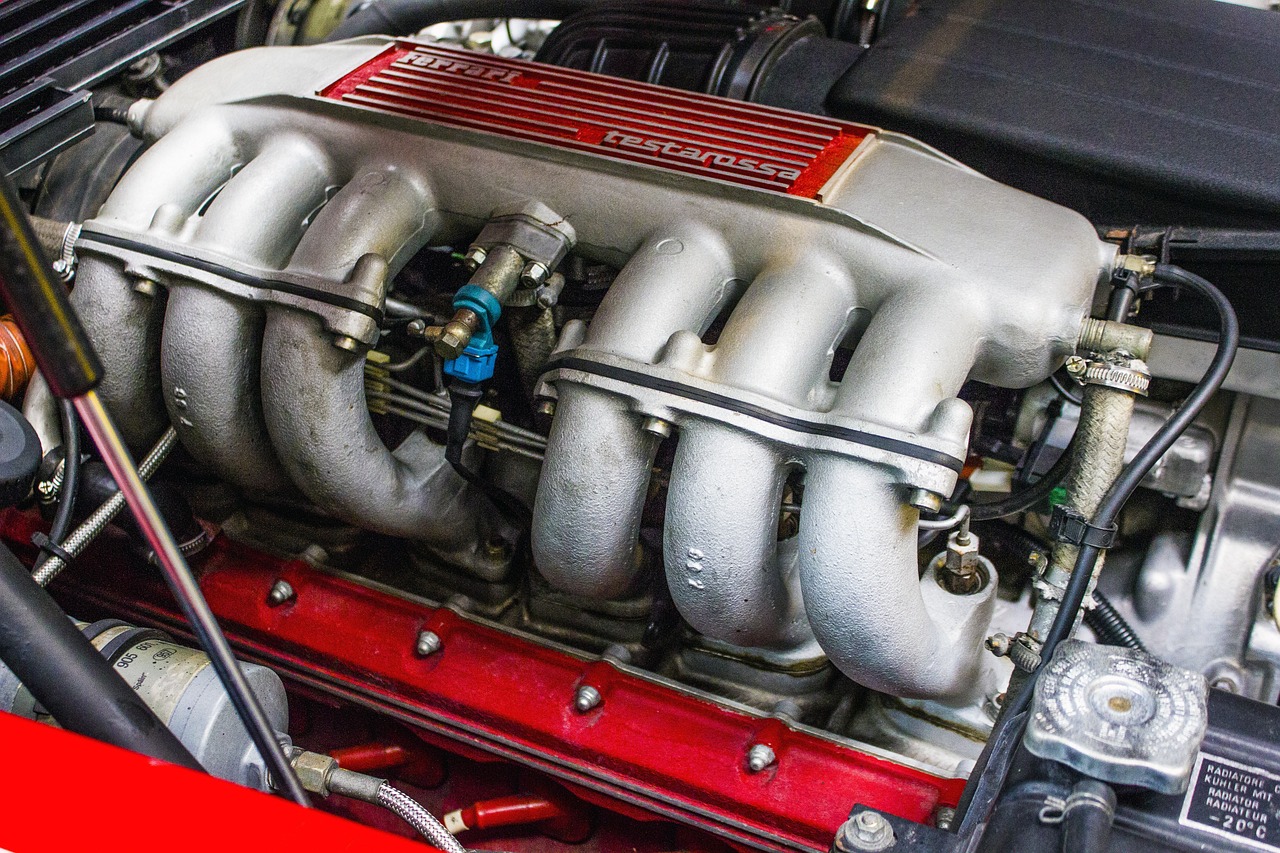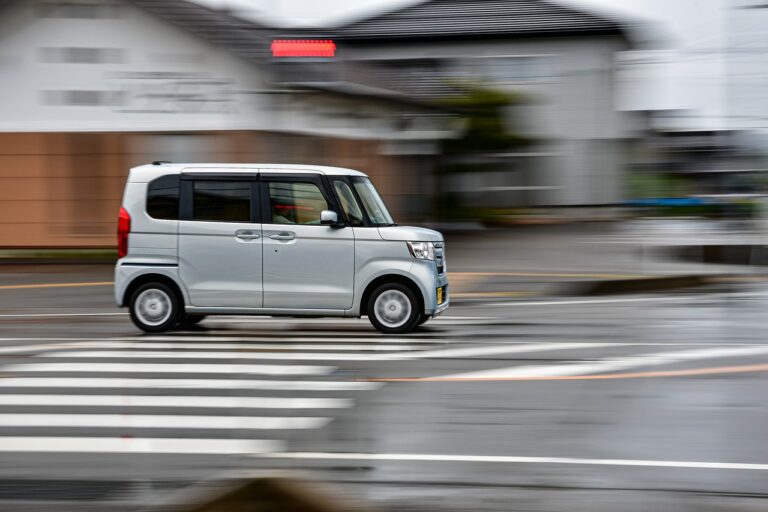The Impact of COVID-19 on Auto Industry: Challenges and Opportunities
The auto industry has faced significant challenges due to the ongoing pandemic. With lockdowns and restrictions in place, production lines were disrupted, leading to delays in manufacturing and delivery of vehicles. This resulted in a decrease in both supply and demand, impacting the overall sales and revenue of the industry.
Moreover, consumer preferences shifted towards more cautious spending, as uncertainties about the economy loomed large. People were prioritizing essential purchases over big-ticket items like cars, leading to a decline in new car sales. The pandemic also accelerated the adoption of remote work, reducing the need for daily commuting and causing a shift towards alternative modes of transportation. These changes have forced the auto industry to adapt and innovate in order to survive in the new normal.
• The disruption in supply chains due to the pandemic led to shortages of key components, further hampering production and delivery schedules.
• Auto dealerships were forced to implement new safety protocols and offer online purchasing options to cater to changing consumer behaviors.
• The shift towards electric vehicles gained momentum during the pandemic as people became more environmentally conscious and sought sustainable transportation solutions.
• Car rental companies faced a sharp decline in business as travel restrictions and lockdowns limited leisure and business travel opportunities.
Supply Chain Disruptions in the Automotive Sector
An unforeseen challenge that the automotive sector has faced in recent times is the disruptions in its supply chain. The global pandemic has significantly impacted the production and distribution of auto parts, leading to delays and bottlenecks in the manufacturing process. This has not only affected the timeliness of delivering vehicles to customers but has also put pressure on automakers to find alternative solutions to mitigate the supply chain issues.
Moreover, the supply chain disruptions have highlighted the industry’s overreliance on certain regions for sourcing components. With borders closing and restrictions on transportation, automakers are now reconsidering their sourcing strategies to build more resilient and diversified supply chains. The need for greater flexibility and agility in responding to unforeseen disruptions is becoming increasingly evident in the automotive sector.
Shift in Consumer Behavior towards Car Ownership
The automotive industry has witnessed a significant shift in consumer behavior towards car ownership due to the ongoing pandemic. With health and safety concerns at the forefront, many individuals are choosing to purchase vehicles as a more personalized and secure mode of transportation. This shift has been further fueled by the reluctance to use public transportation amidst social distancing guidelines and heightened hygiene practices.
Moreover, the desire for flexibility and mobility without relying on shared services has led to a marked increase in the demand for personal vehicles. Consumers are valuing the autonomy and convenience that comes with owning a car, enabling them to travel at their own pace and schedule. As a result, there has been a notable surge in sales of new and used vehicles, reflecting a fundamental change in how people perceive and prioritize their transportation needs.
How has the pandemic impacted the auto industry?
The pandemic has caused a shift in consumer behavior towards car ownership as people are now looking for safer and more private modes of transportation.
What supply chain disruptions have occurred in the automotive sector?
The automotive sector has experienced supply chain disruptions due to factory closures, shortage of components, and logistical challenges which have affected production and availability of vehicles.
Why is there a shift in consumer behavior towards car ownership?
Consumers are now opting for car ownership due to concerns about public transportation safety, the need for social distancing, and the convenience and flexibility that owning a car provides.
How are auto manufacturers adapting to the changing consumer behavior?
Auto manufacturers are focusing on digital sales channels, offering contactless services, and introducing flexible financing options to meet the increasing demand for car ownership.







